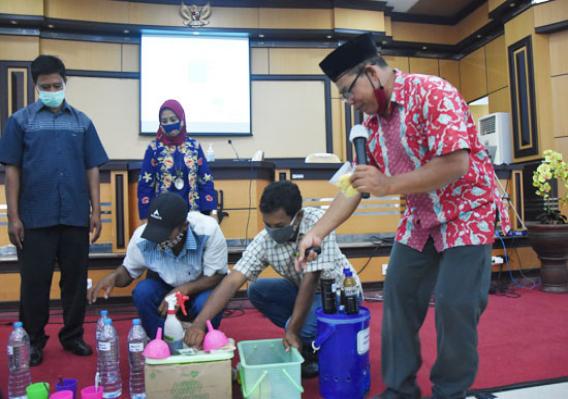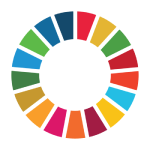Reach Zero Waste With Waste Management In Compost

In order to increase the activity of soil microbes, improve the physical and chemical properties of the soil and increase the availability of nutrients in the soil, the soil must be fertilized. The best fertilizer is organic manure. Organic fertilizers can be produced around us today, both kitchen waste and dry waste in the form of leaves. This is the goal that the Faculty of Sports Science, Yogyakarta State University aims to achieve in the Workshop on Thursday, October 14, 2020 in the Main Meeting Room of GPLA FIK. The Technical Workshop on Compost Fertilizer Management initiated by the UKBMN FIK Sub Division presented Mr Haryadi as the speaker and Mr Sugeng Riyadi as well as Mr Sumarwan as a technical team from the Sleman Environment Agency. In his speech, the dean of FIK UNY hoped that with the vast land currently owned by FIK, which is covered with grass and trees, the waste can be used as organic fertilizer so that the benefits will return to FIK. The need for compost that has been needed until now can be produced independently. As many as 30 participants attended this event, the aim was to understand the equipment and materials, how to manage compost, so that as output gain knowledge about composting organic waste products. Not only in theory, but participants can also practice directly to get the most out of the workshop. Composting is a physical change from organic waste to compost through a biological process using micro- and macro-organisms. The raw materials needed for composting are kitchen waste, garden waste, agricultural waste, livestock, carpentry and market waste. While the composting model can be adapted to the size of the existing land including; ground hole, bio pore hole, bio pot hole, composter, community compost bin, open window model and electric composter.






